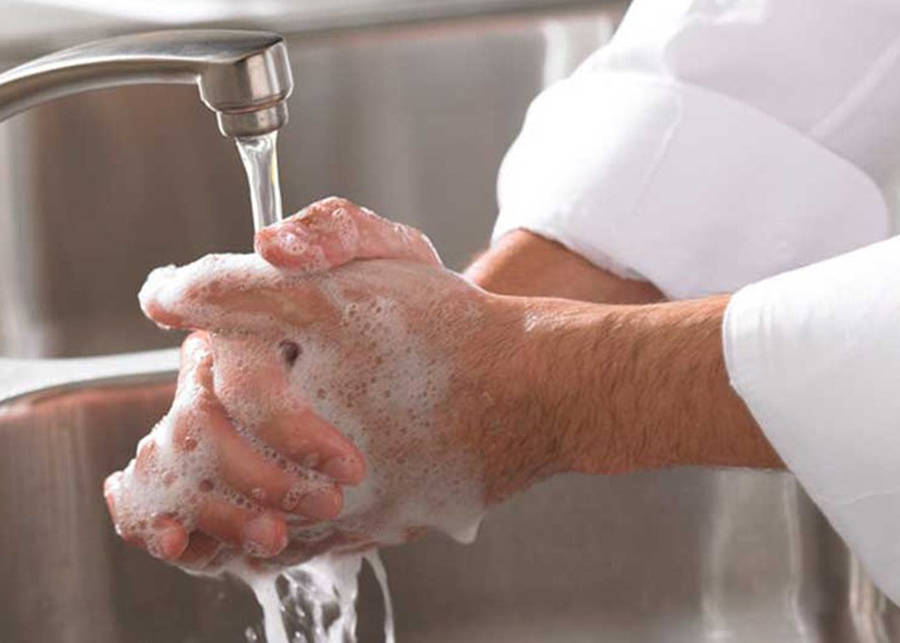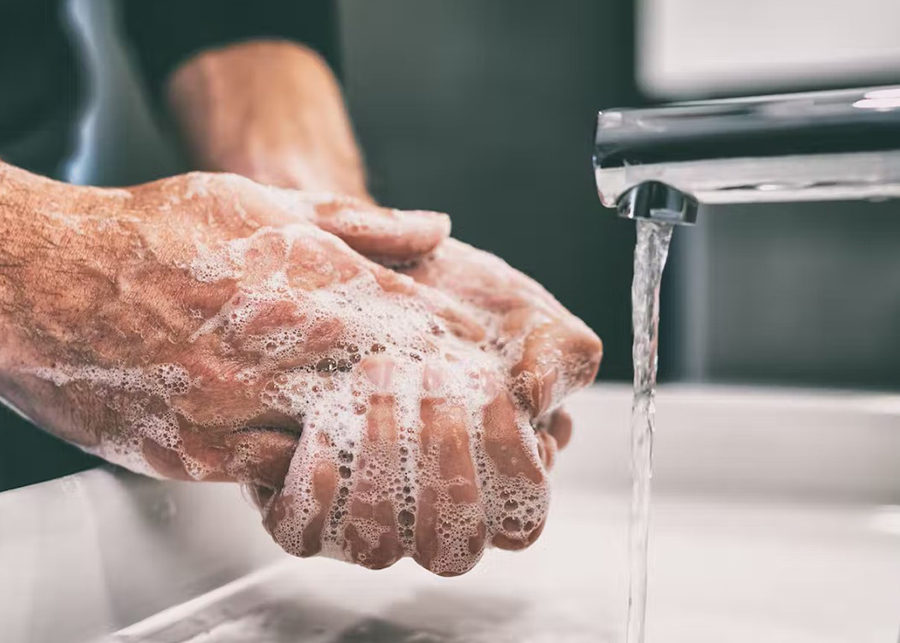As mentioned, handwashing is an important part of food safety, prevention of cross -contamination, and the spread of harmful pathogens. In addition to protecting your customers and yourself, regular handwashing can also save your business a significant amount. Corporations can run into billions in expenses from employees calling in sick or getting the flu. A restaurant with a high employee turnover rate can lose thousands of dollars each year. If a food handler calls out due to illness, you can be sure they’re going to be washing their hands before they return to work.
Handwashing is an important step in food safety and in preventing the spread of harmful pathogens. It also helps reduce sick days due to cross -contamination. Handwashing is also an effective defense against COVID- 19. If you’re a food handler, you should take extra care to wash your hands regularly.

Handwashing prevents cross-contamination
Handwashing is an important step in the food safety process, particularly when you are handling raw meat or poultry. This practice not only protects you from the risk of food poisoning, but can also reduce cross -contamination between food items. It is recommended that you wash your hands with hot, soapy water after handling food. You may also use a commercial sanitizer on surfaces in contact with food.
The study revealed that many consumers did not wash their hands after handling raw chicken. However, they did wash their hands before cooking it. Additionally, they did wash their hands with soap after touching the waste bin, blowing their nose, and touching a cell phone screen. The researchers also found that only 20% of older participants rinsed their hands after handling raw chicken.
It reduces the spread of harmful pathogens
Proper handwashing practices are essential to preventing the spread of harmful pathogens. Handwashing must be performed thoroughly, and handlers should use a clean paper towel to dry their hands after washing. They should never use a hand dryer, as this will increase the chance of recontamination. In addition, food handlers should always avoid touching the faucet with their newly cleaned hands. To help reinforce handwashing procedures, food handlers can hang posters that remind them to wash their hands.
Many pathogens can cause diseases, including E. coli, salmonella, and campylobacter. When food handlers don’t wash their hands often enough, they risk transferring these germs to other food items. Even if the food is already cooked, the germs can remain on the surface of the food.
It is an effective defense against COVID-19
One of the best ways to avoid contracting foodborne illness is to wash your hands frequently. Not only is this a preventive measure, but it’s also a great defense against COVID – 19. This dangerous virus can live on the surfaces of food preparation areas, such as door handles and menus. It’s also highly contagious and can be spread from person to person.

The FDA recommends handwashing as an effective defense against this virus. COVID-19 survives on hard surfaces for three days and on soft surfaces for just one day. Therefore, food handlers must make sure to thoroughly wash their hands before handling food.
It reduces sick days
Washing hands is an essential safety precaution for food handlers. Research shows that more than half of all food- borne illnesses occur because of bacteria on the hands. Even healthy people have bacteria on their hands, so it’s critical to wash hands thoroughly before handling food. One in four of us has staph bacteria on our hands, which are harmless to us when on our skin but can multiply in food and lead to foodborne illnesses.
Handwashing is the best way to prevent the spread of germs and viruses. Use clean, running water to wet hands and follow a five -step handwashing procedure. Wet the hands with clean water, turn off the tap, apply soap, and scrub for 20 seconds. A useful timer is the song “Happy Birthday”. After handwashing, rinse your hands under running water.
When Must a Food Handler Wash Their Hands? Result
Handwashing is an essential part of keeping food safe. It does not need to take a long time, as its benefits last beyond the actual washing process. It is important for food handlers to wash their hands as often as possible to help reduce the spread of infectious diseases and save money by reducing sick days.


